Syrian President Bashar al-Assad met with Saudi Arabia’s top diplomat in Damascus on Tuesday, state media reported, ending more than a decade of diplomatic deep-freeze between the two countries.
“President Bashar al-Assad meets Saudi Foreign Minister Faisal bin Farhan,” Syria’s official news agency SANA reported.
The Saudi prince arrived in Damascus on Tuesday afternoon on the first visit to Syria’s capital by a Saudi official since the start of the country’s civil war in 2011.
Assad has been politically isolated in the region since the conflict began, but a flurry of diplomatic activity has been underway in the past week as regional relations shift following a decision by Saudi Arabia and Damascus’s ally Iran to resume ties.
The trip comes less than a week after Syrian Foreign Minister Faisal Mekdad visited Saudi Arabia, also on the first such visit since the conflict began.
Last week, diplomats from nine Arab countries met in the Saudi city of Jeddah to discuss ending Syria’s long spell in the diplomatic wilderness and its possible return to the 22-member Arab League after Damascus was suspended in 2011.
The diplomats stressed the “importance of having an Arab leadership role in efforts to end the crisis” in Syria, according to a statement by the Saudi foreign ministry.
Saudi Arabia severed ties with Assad’s government in 2012 and Riyadh had long openly championed Assad’s ouster, backing Syrian rebels in earlier stages of the war.
Several other Arab countries also cut ties with Syria as some powers bet on Assad’s demise.
But regional capitals have gradually been warming to Assad as he has clawed back most of the territory lost to rivals, with crucial backing from Russia and Iran.
The United Arab Emirates (UAE), which re-established ties in late 2018, has been leading the charge to reintegrate Damascus into the Arab fold.
Arab outreach
A February 6 earthquake that wreaked devastation in Turkey and Syria sparked Arab outreach to Assad’s government, and the surprise rapprochement between Riyadh and Tehran was announced the following month.
Assad himself has visited both Oman and the UAE since the quake.
Syria’s foreign minister visited this month Algeria and Tunisia on the heels of trips to Saudi Arabia and Egypt in a diplomatic push.
Syria is to reopen its diplomatic mission in Tunisia and appoint an ambassador there, following a similar move announced by Tunis.
Prince Faisal had said in February that a consensus was building in the Arab world that a new approach to Syria requiring negotiations with Damascus would be needed to address humanitarian crises.
Riyadh sent aid to both rebel-held and government-controlled parts of Syria, but the effort did not involve direct contact with Assad’s government.
In March, Saudi state media had said that Riyadh and Damascus were in talks on resuming consular services.
Regional rivals Shia Muslim Iran and Sunni powerhouse Saudi Arabia have supported opposing sides in several regional conflict zones including Yemen, and also vie for influence in Lebanon, Syria and Iraq.
During a trip to Moscow last month, Assad told broadcaster Russia Today that “Syria is no longer a scene of Saudi-Iran conflict”.
Syria’s war has killed more than half a million people, while around half of the country’s pre-war population has been forced from their homes.
Assad is hoping normalisation with wealthy Gulf states could bring economic relief and money for reconstruction, as broader international funding remains elusive without a United Nations-backed political settlement to the conflict.
Analysts say sanctions on Syria will likely continue to deter investment.


















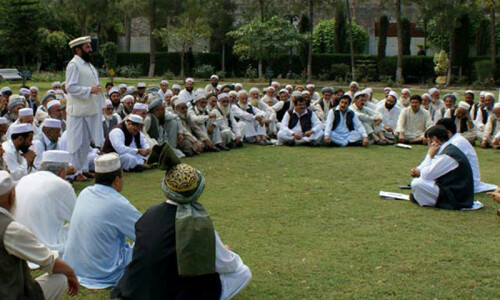
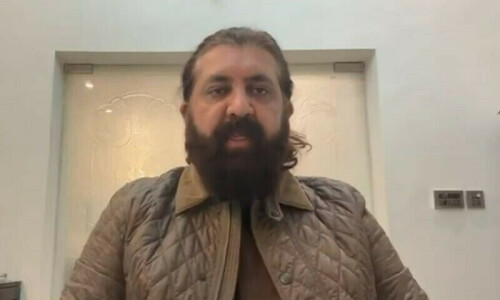


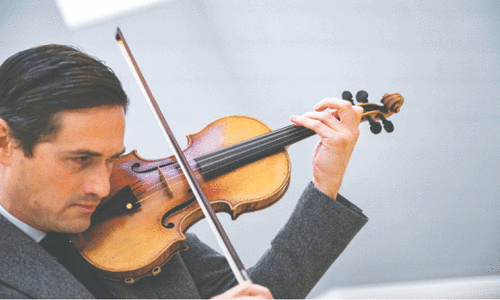














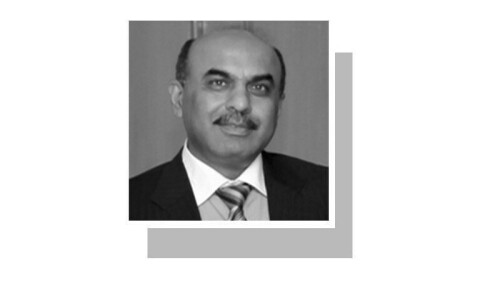


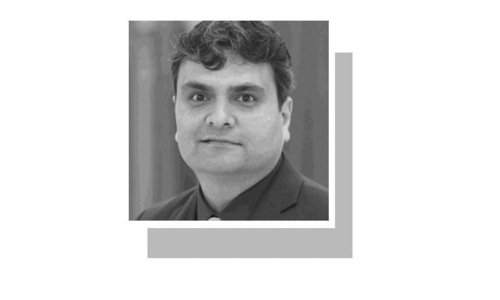
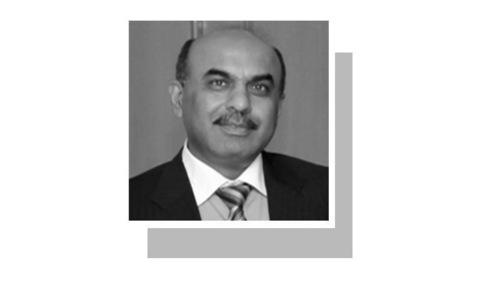
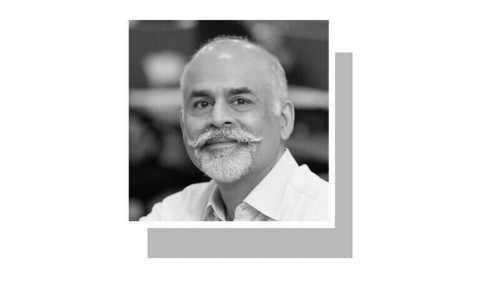





Dear visitor, the comments section is undergoing an overhaul and will return soon.